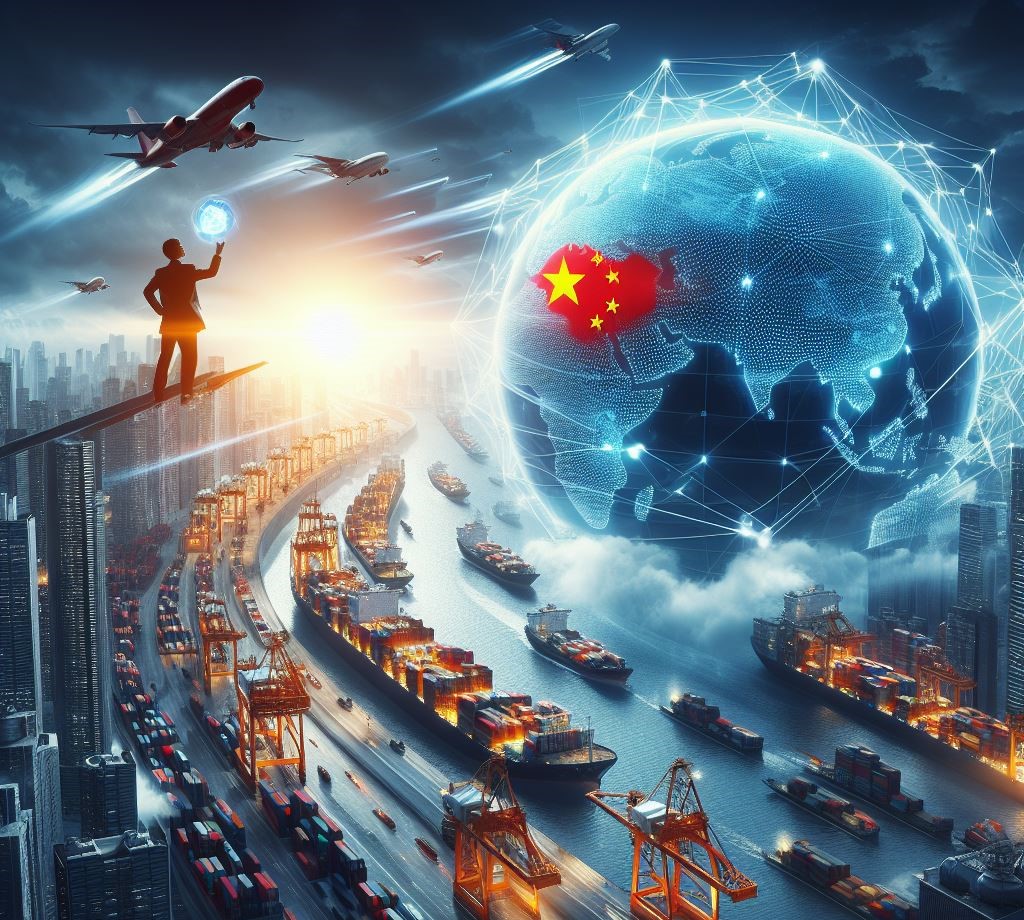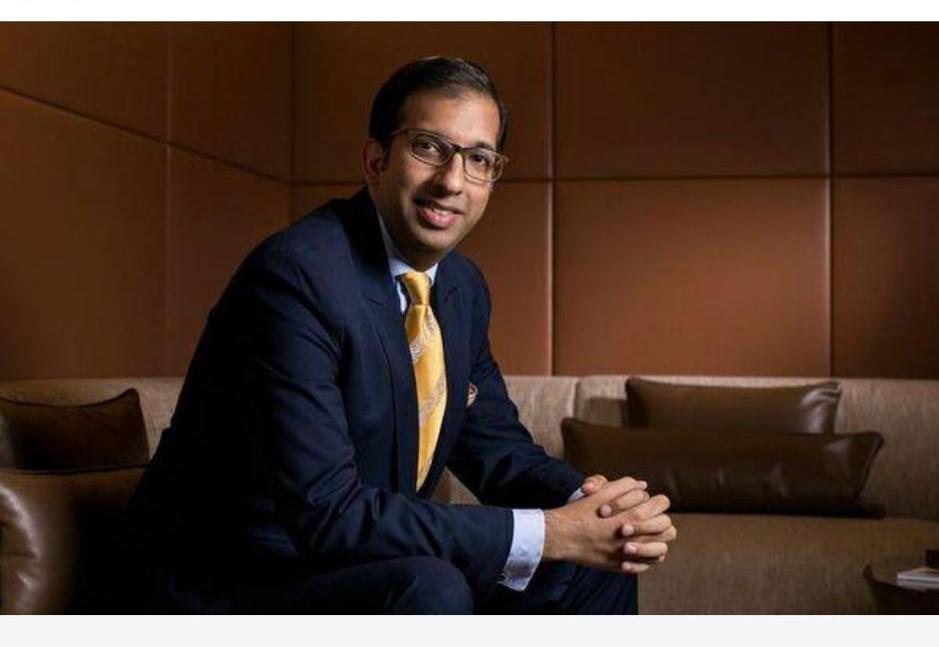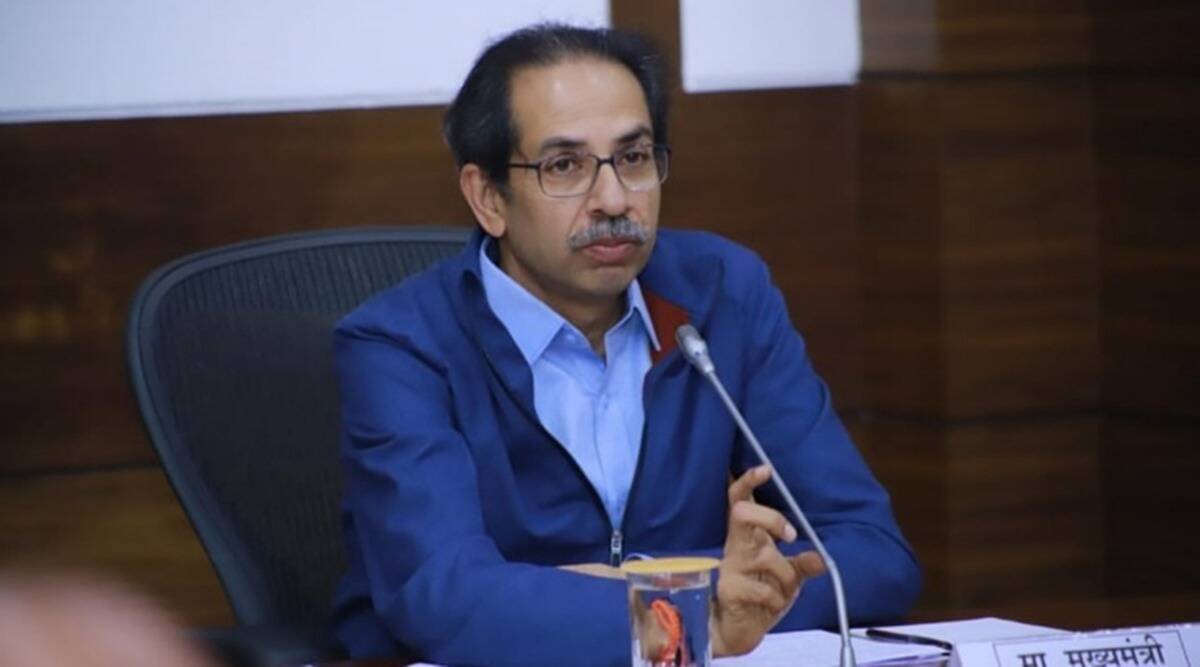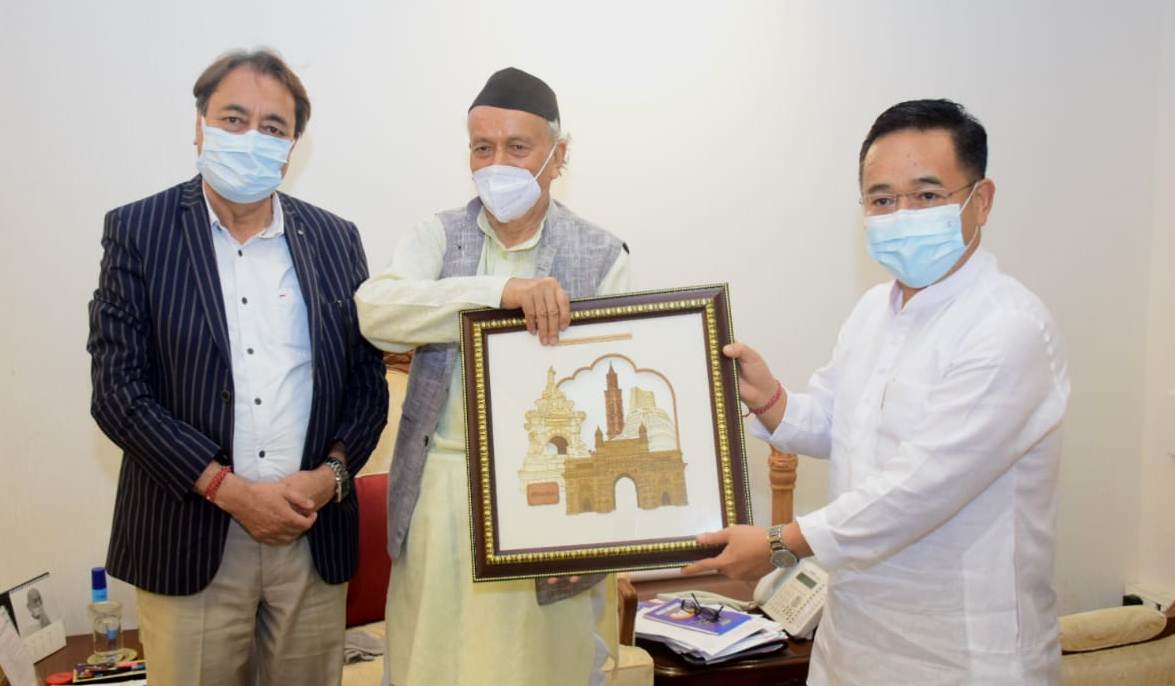By CGTN Media
In a recent episode of CGTN’s show “Global South Voices,” host Mushahid Hussain Sayed, chairman of Pakistan’s Senate Defense Committee, led a discussion aimed at dispelling the notion of “China overcapacity.” Joined by guests from Malaysia, Pakistan, China, and Norway, the episode delved into the underlying motivations behind the sensationalization of China’s purported overcapacity, particularly by certain Western nations, notably the United States.
The narrative surrounding “China overcapacity” has gained traction in Western media, fueled by concerns over China’s rapid expansion in sectors such as electric vehicles (EVs), lithium-ion batteries, and solar panels. Aqdas Afzal, associate professor of Economics at Habib University, Karachi, highlighted the role of geopolitical anxieties and domestic politics in perpetuating this narrative. Afzal suggested that fear of China’s economic prowess, coupled with the electoral agenda in the U.S., has contributed to the spread of misinformation about China’s industrial growth.
The U.S., driven by geopolitical considerations, has employed various tactics to curb China’s economic ascent, including the enactment of legislation such as the CHIPS and Science Act. Chen Xi, founder of Harbor Overseas, emphasized the need for collaboration between the U.S. and China to leverage the latter’s supply chain capabilities for global sustainability efforts. Xi advocated for a shift away from protectionist measures towards mutually beneficial cooperation, particularly in green technology and climate adaptation.
Koh King Kee, president of the Center of New Inclusive Asia, lauded China’s contributions to green technology and economic development in underdeveloped regions. King Kee underscored the importance of China’s role in global industries and cautioned against overlooking its significance. Moreover, he criticized the U.S. for clinging to outdated notions of global dominance and urged acceptance of China’s rise as a peer on the world stage.
Erik Solheim, a Norwegian diplomat, urged Europe to adopt an independent stance on China, rather than blindly following the U.S. Solheim emphasized the potential for collaboration between Europe and China in shaping a better future. He commended China for its efforts to reduce costs and promote green technology adoption in developing countries.
Overall, the discussion on “China overcapacity” highlighted the complex interplay of geopolitics, economics, and international relations. As the world navigates through shifting power dynamics, fostering cooperation and mutual understanding between nations will be crucial in addressing global challenges and achieving sustainable development goals.
Story by CGTN.com / *Disclaimer: The opinions expressed in this article are those of the authors. They do not purport to reflect the opinion or views of the Mumbai Messenger Editorial team.











